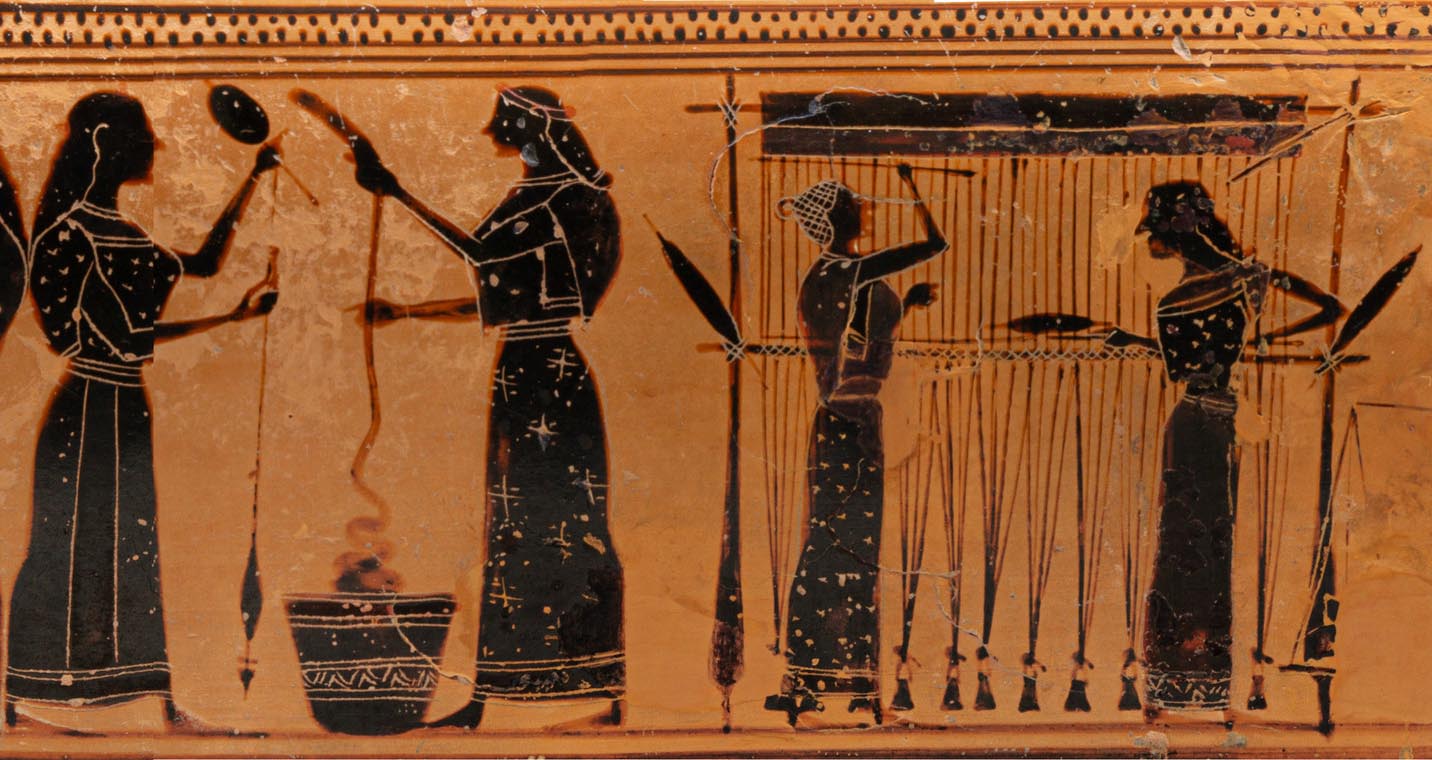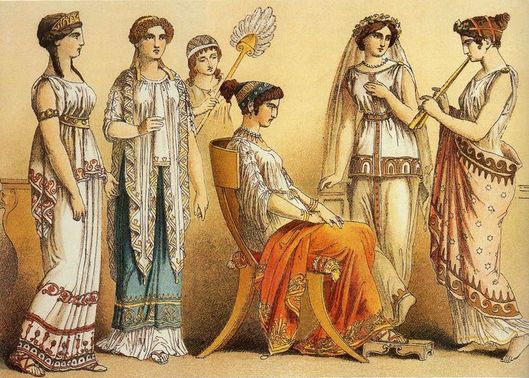It’s funny, you know, how you can go through life with a certain picture of history in your head, and then one day you stumble on something that makes you go, "Huh, wait a minute." That’s what happened to me with the whole topic of women’s roles in ancient Athens.
I always just assumed, probably from old movies or something, that Athenian women were basically locked away, never saw the light of day, just wove cloth and that was it. A pretty grim picture, right? Sounded incredibly boring, to be honest. So, I figured, why not poke around a bit? See if my assumptions were even close to reality. I wasn't about to write a thesis, just wanted to get a better feel for their actual lives.
What I Started to Piece Together
Well, turns out, it’s a bit more nuanced than just "stuck at home." The first thing that really hit me was the idea of the oikos – that’s their household, their domain. And managing that? That was a massive responsibility. Seriously, think about it:

- Overseeing the food supplies.
- Managing the family finances, at least the day-to-day stuff.
- Raising the children, especially the young ones.
- Directing the work of the slaves within the household.
- Making sure there were clothes and other necessities.
That’s not just sitting around. That’s like being a CEO of a small, very busy company. So, while they weren't out in the agora debating politics, they weren't exactly idle. Their power was definitely within the home, but it was real power and real work.
Now, public life for citizen women? Yeah, that was definitely limited. They weren't citizens in the way men were. No voting, no holding public office, generally not expected to be seen or heard much in the big public spaces where men did their thing. That part of my old picture wasn't too far off, I guess.
But then I learned about the religious festivals. This was a surprise. Women actually had some pretty significant public roles in religious ceremonies. Some were priestesses, and that was a respected position. So, they weren't completely invisible outside the home. It was like there were specific, sanctioned ways for them to be part of the wider community, especially through religion.
And another thing that got me thinking was how varied their experiences must have been. We talk about "Athenian women," but that wasn't one single experience. You had the citizen women, from wealthy families or poorer ones. Then you had metics, the foreign women living in Athens, who might have had a bit more freedom in some ways, maybe running businesses, but still not citizens. And then, of course, there were enslaved women, whose lives would have been drastically different and incredibly tough. It’s easy to forget that huge part of the population.
So, How'd I Get So Curious About This?
You’re probably wondering why I suddenly dove into this. It wasn’t for a class or anything. It’s actually a bit of a random story. I was helping my cousin clear out her garage a few months back. She’d inherited a ton of books from her granddad, who was a high school history teacher for, like, forty years. Box after box of dusty old textbooks and history society journals.

In one of these boxes, I found this old, beaten-up paperback. Looked like something from the 70s. The cover was half torn off. And tucked inside, there was this little, yellowed newspaper clipping. It wasn’t even about Athens, I think it was about something else entirely, but on the back of it, someone – probably the granddad – had scribbled a note in pencil: "Athenian women – not just silent looms? Check actual sources, not just Pericles's spin."
That little note, man. It just stuck with me. "Pericles's spin." It made me laugh, but it also made me think. What was the spin? And what was the reality? So, I just started looking stuff up online, reading bits and pieces here and there. Nothing too heavy, just following my curiosity. It’s amazing how a little scribbled note from decades ago can send you down such an interesting path. Made me realize how much of what we think we know is just the surface level stuff.
Anyway, that’s my journey with it. Still got lots to learn, I'm sure, but it's been pretty eye-opening to realize their world was a lot more complex than I first thought.








